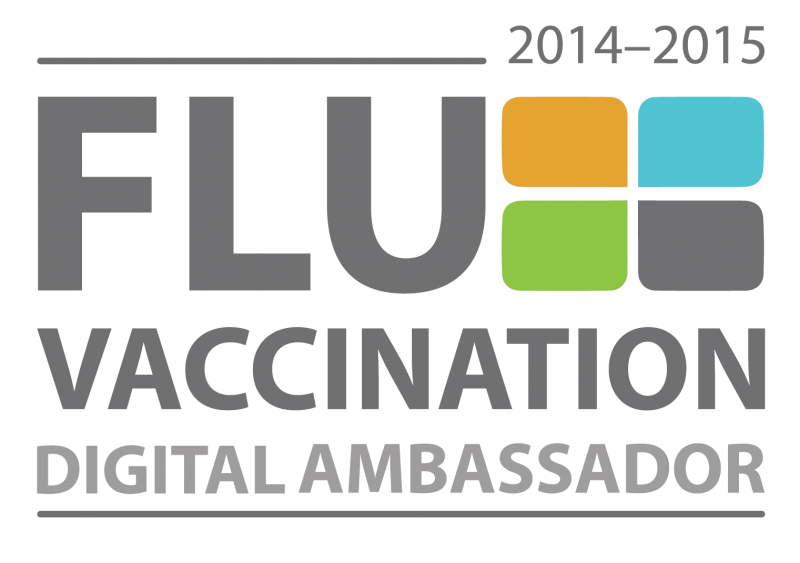Flu season could be severe, CDC predicts
 The 2014–2015 year's flu season could be severe, according to the Centers for Disease Control and Prevention (CDC).
The 2014–2015 year's flu season could be severe, according to the Centers for Disease Control and Prevention (CDC).
So far this year, seasonal influenza A H3N2 viruses have been most common, according to the agency, which notes that these viruses are associated with more severe flu illnesses, hospitalizations and deaths. The CDC is recommending immediate vaccination for anyone still unvaccinated and prompt treatment with antiviral drugs for those at high risk of complications who develop flu, including adults aged at least 65 years as well as people with certain chronic health conditions such as asthma, diabetes, heart or lung disease, and kidney disease.
“Unfortunately, about half of the H3N2 viruses that we’ve analyzed this season are different from the H3N2 virus that's included in this year's flu vaccine. They are different enough that we’re concerned that protection from vaccinations against these drifted H3N2 viruses may be lower than we usually see,” CDC director Tom Frieden, MD, MPH, said during a Dec. 4 call with the media. Nonetheless, he added: “We continue to recommend flu vaccine as the single best way to protect yourself against the flu. Vaccine will protect against the strands that are covered in the vaccine and may have some effectiveness against the drifted strain.”
Antiviral medications, while not a substitute for vaccinations, will be an important second line of defense this year, Frieden said, particularly for people who are at high risk of serious flu complications or for people who are very sick with flu.
“It’s too early to say for sure that this will be a severe flu season, but Americans should be prepared,” he said. “We can save lives with a three-pronged effort to fight the flu: vaccination, prompt treatment for people at high risk of complications, and preventive health measures, such as staying home when you’re sick, to reduce flu spread.”
Influenza activity currently is low in the United States as a whole but is increasing in parts of the country. “We are just at the beginning of the season," Frieden said. “It’s not too late to get your vaccine.”
Flu symptoms can include fever, cough, sore throat, runny or stuffy nose, body aches, headache, chills and fatigue. Flu antiviral drugs work best for treatment when they are started in the first 48 hours after symptoms appear, according to the CDC.
Related content:
Flu a bigger threat than Ebola
I Advance Senior Care is the industry-leading source for practical, in-depth, business-building, and resident care information for owners, executives, administrators, and directors of nursing at assisted living communities, skilled nursing facilities, post-acute facilities, and continuing care retirement communities. The I Advance Senior Care editorial team and industry experts provide market analysis, strategic direction, policy commentary, clinical best-practices, business management, and technology breakthroughs.
I Advance Senior Care is part of the Institute for the Advancement of Senior Care and published by Plain-English Health Care.
Related Articles
Topics: Clinical











